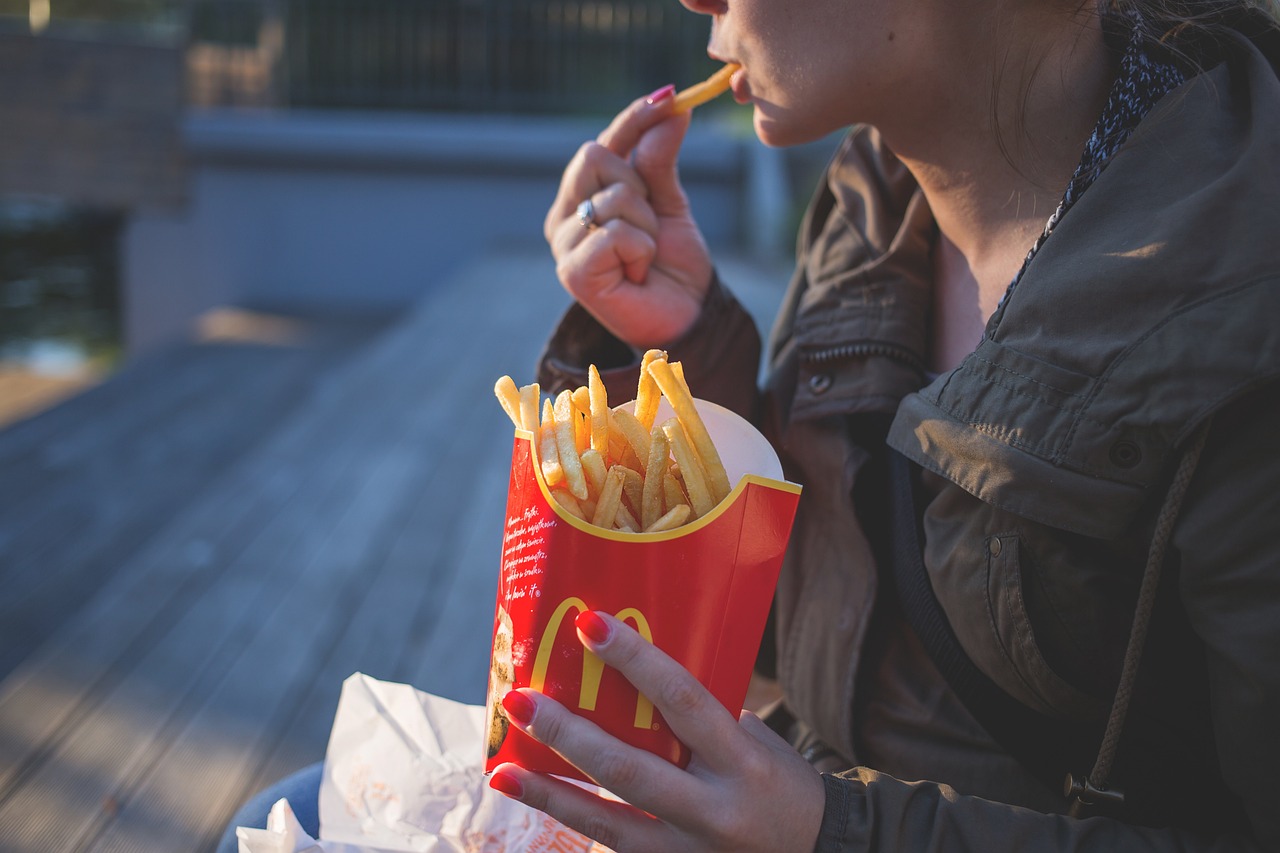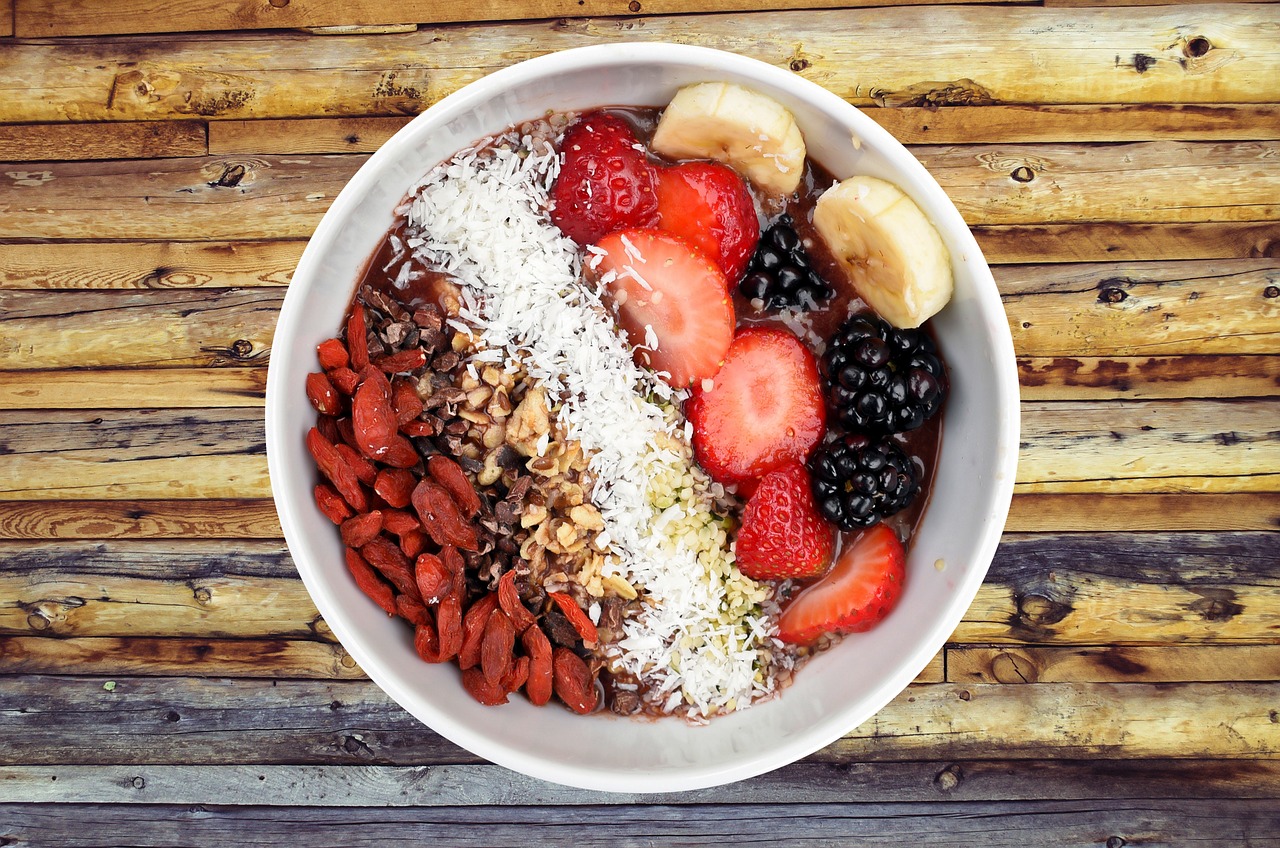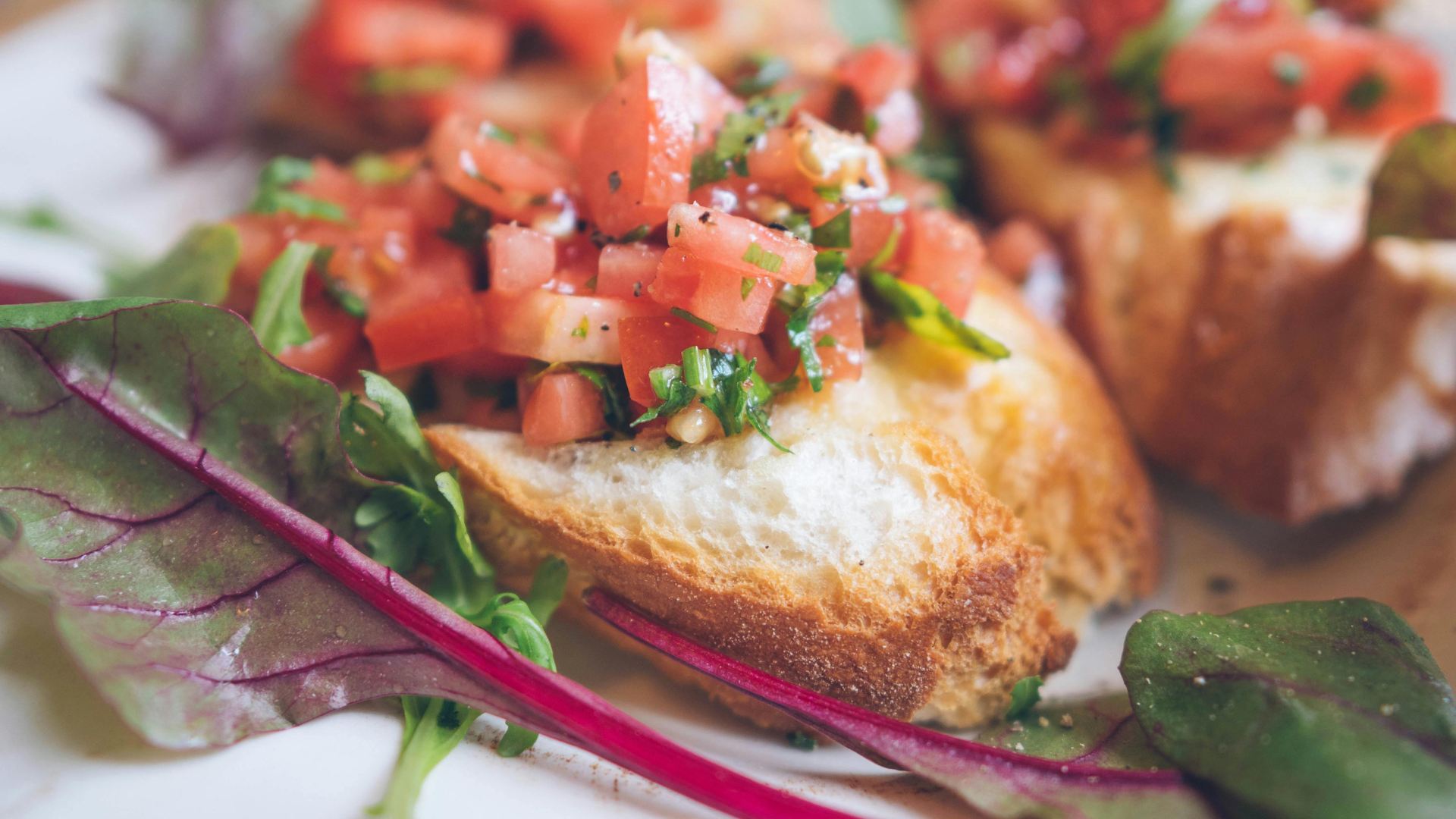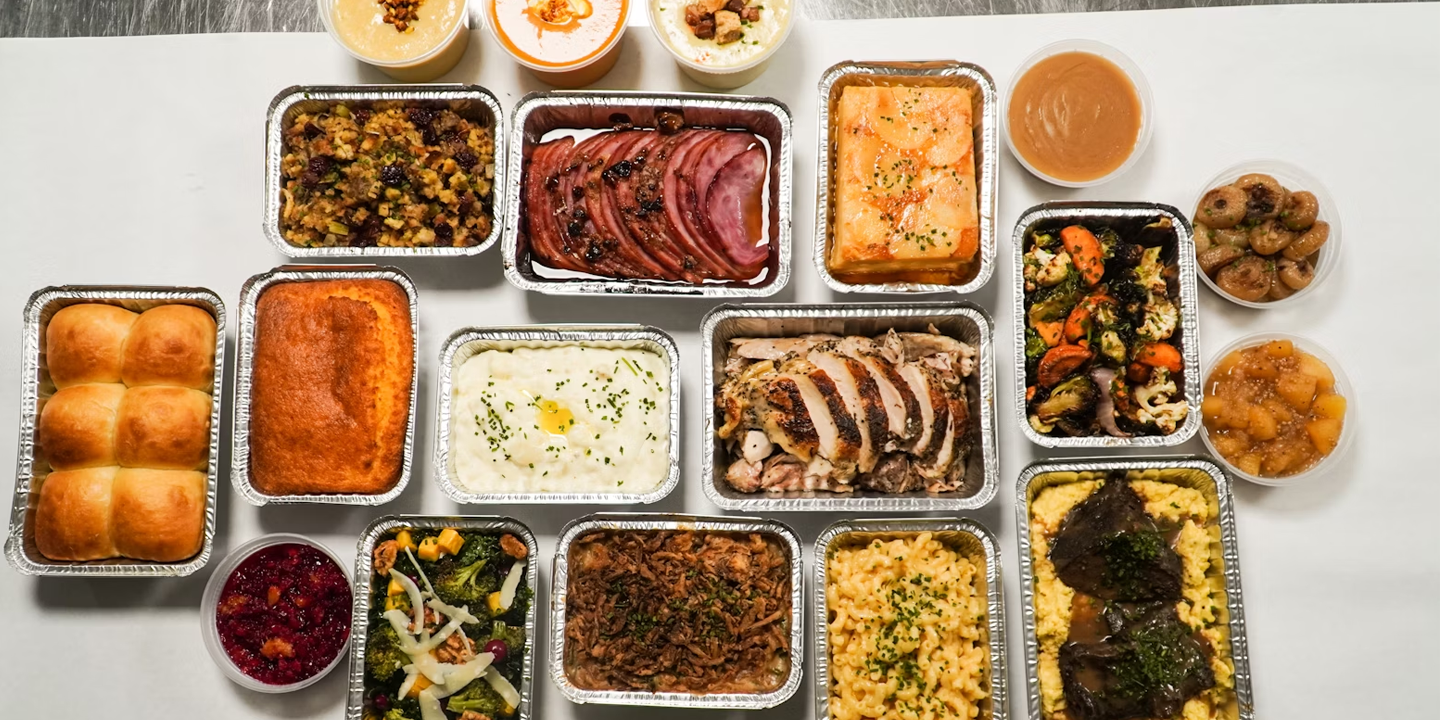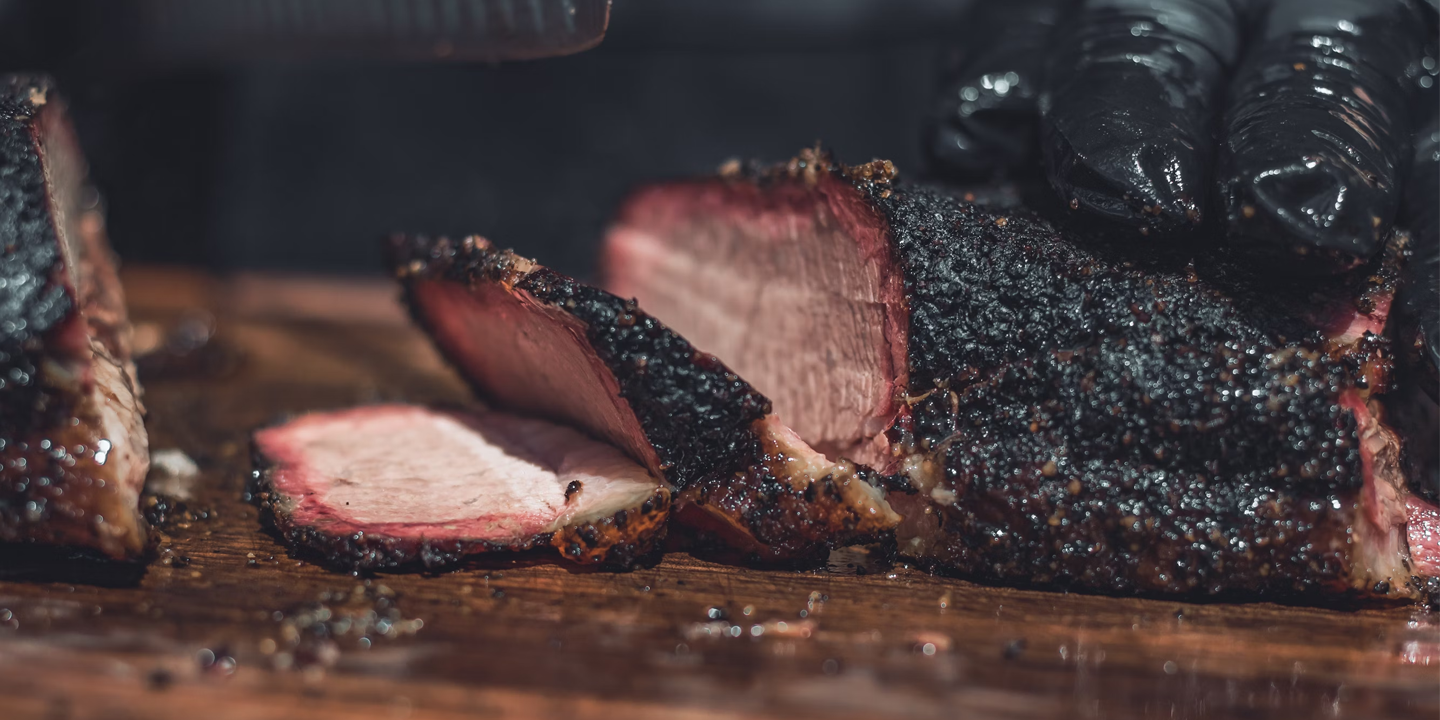Eating healthy doesn't have to be a chore or a drastic overnight change. It's about making small, manageable tweaks to your diet that can significantly impact your overall health and well-being. Whether you're looking to shed a few pounds, boost your energy levels, or just feel better in your skin, these 30 healthy eating habits are a great place to start. Remember, the journey to a healthier you is a marathon, not a sprint!
1. Hydration Station
Staying well-hydrated is key to overall health. Aim for at least 8 glasses of water a day. It helps with digestion, skin health, and keeping hunger at bay.
 Image by Kawita Chitprathak from Pixabay
Image by Kawita Chitprathak from Pixabay
2. Mindful Munching
Eat slowly and without distractions. This practice helps you enjoy your food more and lets your body signal when it's full to prevent overeating.
 Image by LEEROY Agency from Pixabay
Image by LEEROY Agency from Pixabay
3. Colourful Plates
Incorporate a variety of fruits and vegetables into your meals. They're packed with essential vitamins and minerals and add a burst of flavour and texture.
 Image by Devon Breen from Pixabay
Image by Devon Breen from Pixabay
4. Whole Grain Game
Switch to whole grains like brown rice, quinoa, and whole wheat bread. They're richer in nutrients and fiber compared to their refined counterparts.
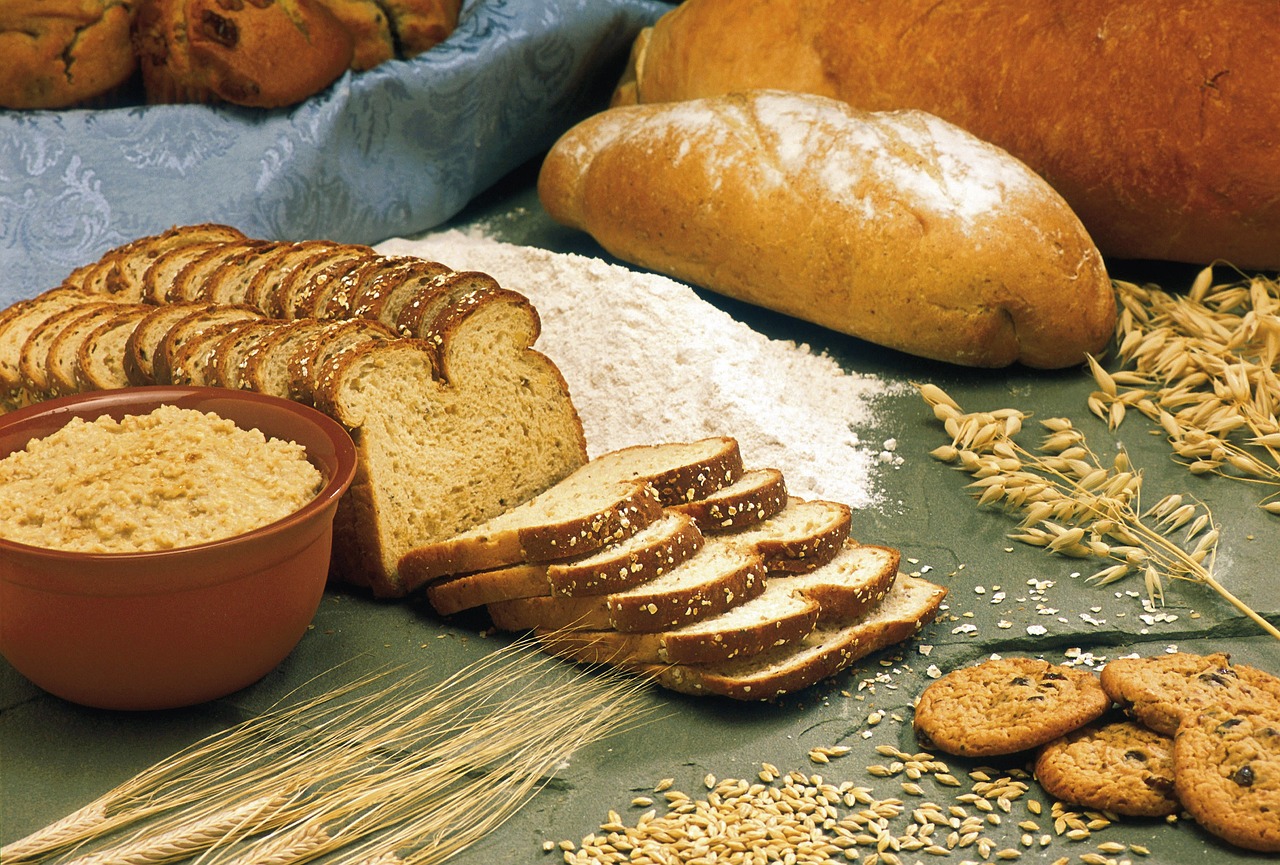 Image by Welcome to all and thank you for your visit ! ツ from Pixabay
Image by Welcome to all and thank you for your visit ! ツ from Pixabay
5. Smart Snacking
Choose healthy snacks like nuts, fruits, or yogurt. They provide energy and nutrients, keeping you full and preventing unhealthy snacking.
 Image by Aline Ponce from Pixabay
Image by Aline Ponce from Pixabay
6. Portion Control Pro
Be mindful of portion sizes to avoid overeating. Use smaller plates or bowls to help control the amount of food you consume. Eaten smaller portions more frequently can help you feel full throughout the day and prevent overeating.
 Image by Peter Biela from Pixabay
Image by Peter Biela from Pixabay
7. Breakfast Boost
Never skip breakfast. It kickstarts your metabolism and provides the energy you need to start your day right.
8. Sugar Check
Reduce intake of added sugars found in sodas, candies, and baked goods. Excess sugar can lead to weight gain and health issues.
 Image by Ernesto Rodriguez from Pixabay
Image by Ernesto Rodriguez from Pixabay
9. Salt Savvy
Limit your salt intake. Too much salt can lead to high blood pressure and other health problems. Use herbs and spices for flavor instead.
10. Meal Prep Magic
Prepare your meals in advance. It saves time, ensures you eat healthy, and reduces the temptation to order takeout.
 Image by timtheswan from Pixabay
Image by timtheswan from Pixabay
11. Veggie Volume
Fill half your plate with vegetables. They're low in calories but high in nutrients, helping you feel full with fewer calories.
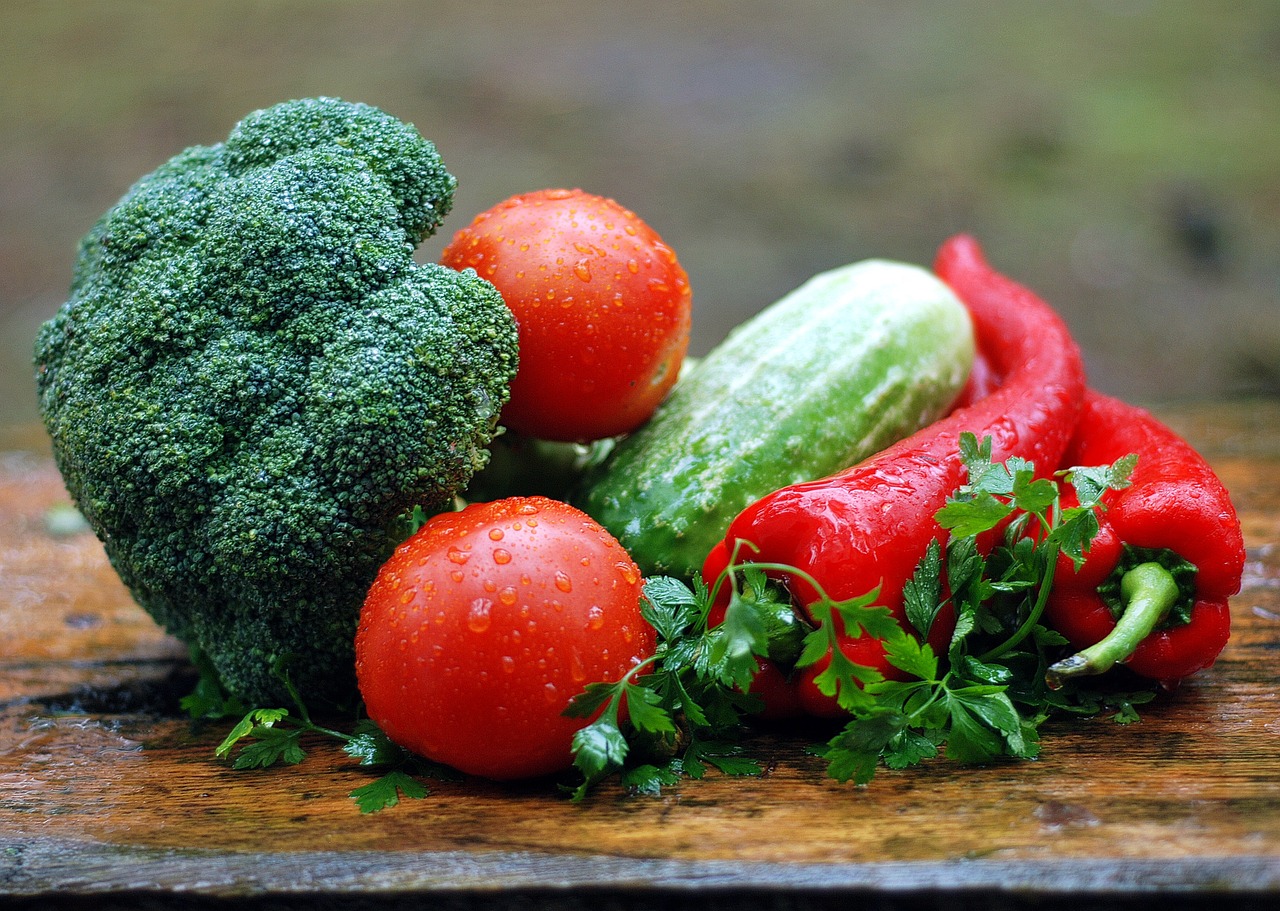 Image by Jerzy Górecki from Pixabay
Image by Jerzy Górecki from Pixabay
12. Lean Protein Picks
Choose lean proteins like chicken, fish, beans, and legumes. They're essential for muscle repair and keeping you full.
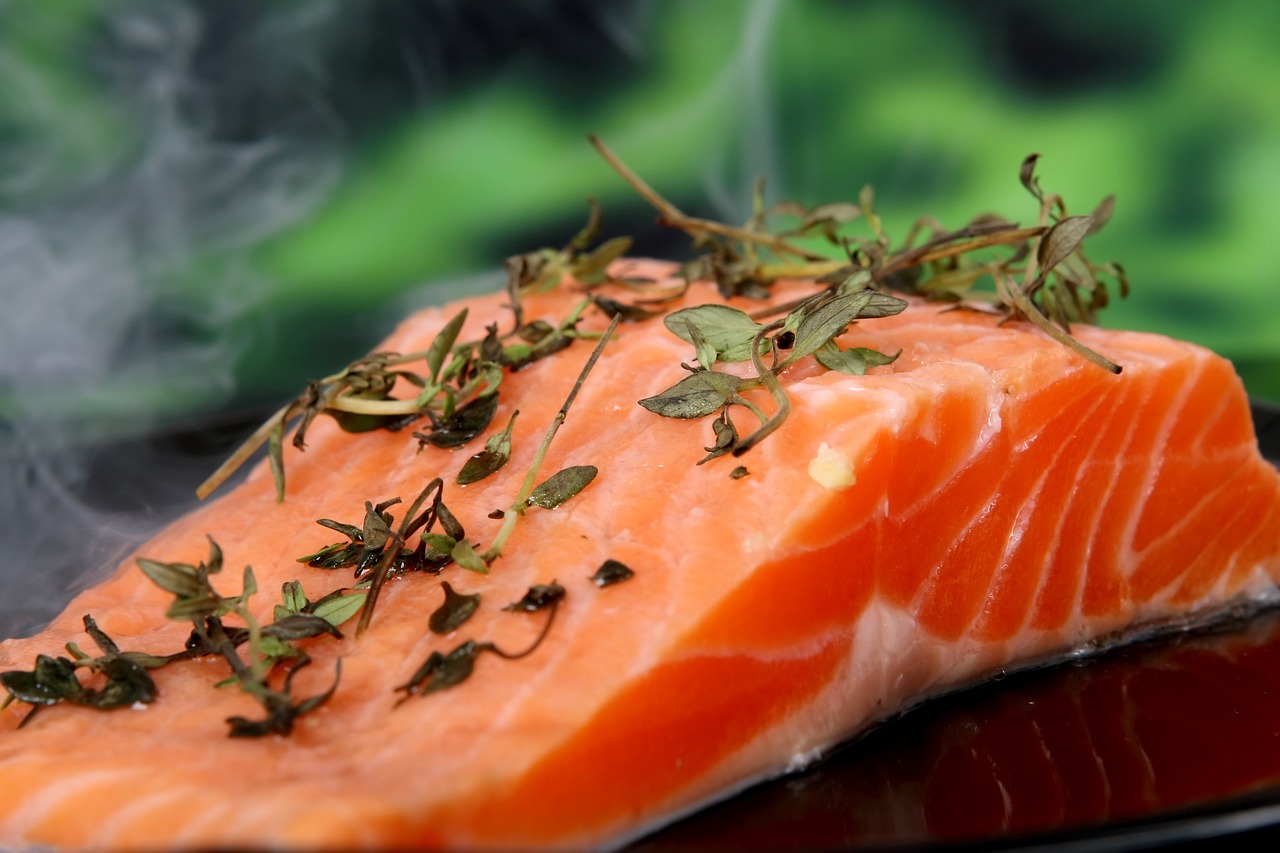 Image by Robert Owen-Wahl from Pixabay
Image by Robert Owen-Wahl from Pixabay
13. Fats in Check
Opt for healthy fats from avocados, nuts, and olive oil. They're vital for brain health and keeping you satiated.
 Image by Steve Buissinne from Pixabay
Image by Steve Buissinne from Pixabay
14. Dairy Decisions
If you consume dairy, opt for low-fat or fat-free versions. They provide the same nutrients with fewer calories.
 Image by congerdesign from Pixabay
Image by congerdesign from Pixabay
15. Cooking at Home
Cooking meals at home gives you control over ingredients and portion sizes, plus it's usually healthier and cheaper than eating out.
 Image by Abdulmajeed Hassan from Pixabay
Image by Abdulmajeed Hassan from Pixabay
16. Alcohol Awareness
Limit alcohol consumption. It's high in calories and can disrupt your eating habits and sleep patterns.
17. Emotional Eating
Be aware of emotional eating. Try to find other ways to cope with emotions, like talking to a friend or going for a walk.
 Image by Mohamed Hassan from Pixabay
Image by Mohamed Hassan from Pixabay
18. Chew Chew Chew
Chew your food thoroughly. It aids digestion and can help with portion control.
19. Hydrate Creatively
If you find water boring, add a splash of flavor with lemon, lime, or cucumber slices.
 Image by Ri Butov from Pixabay
Image by Ri Butov from Pixabay
20. Balanced Bites
Each meal should have a balance of protein, carbohydrates, and fat to ensure you get all the nutrients you need.
 Image by Tonda Tran from Pixabay
Image by Tonda Tran from Pixabay
21. Savour the Flavour
Take time to savour and enjoy your food. This can lead to greater satisfaction and less likelihood of overeating.
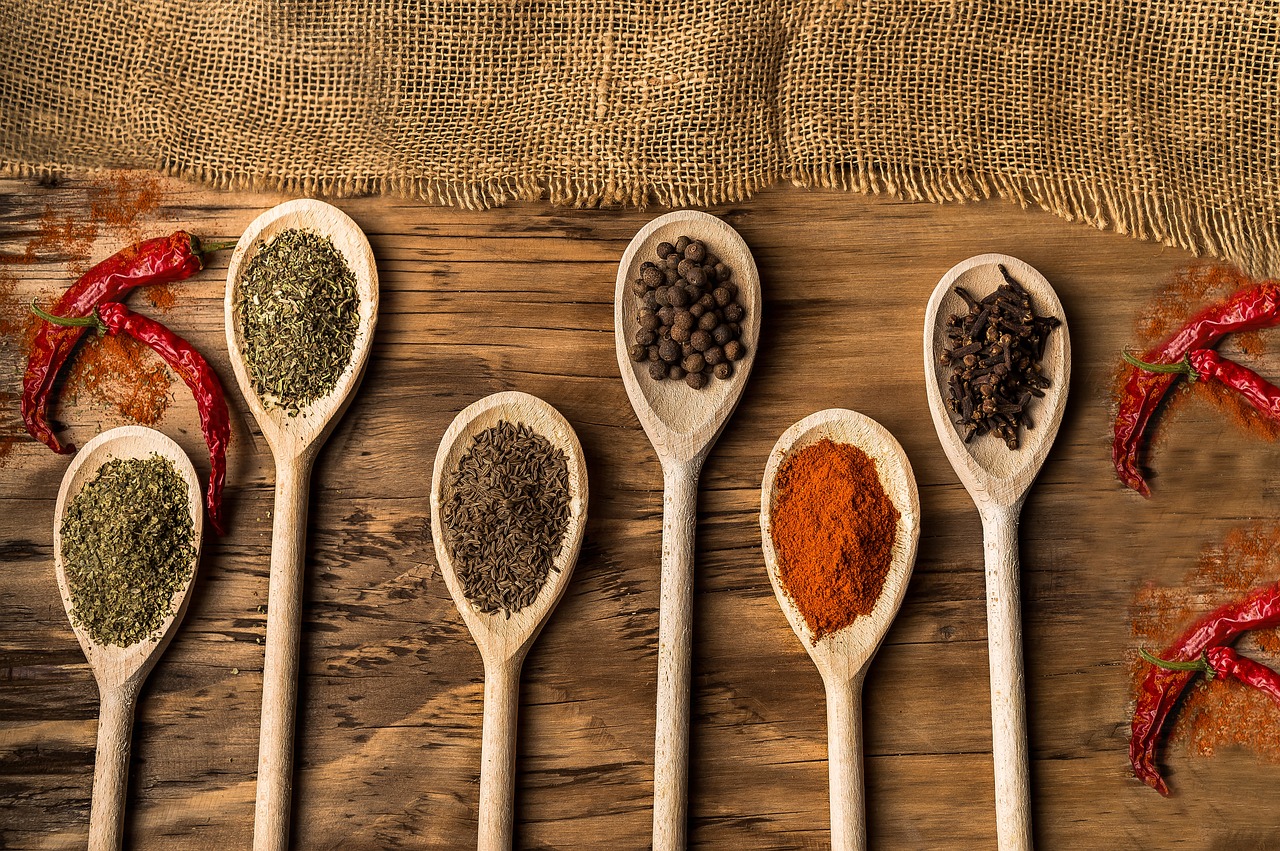 Image by Matej Madar from Pixabay
Image by Matej Madar from Pixabay
22. Food Journal Journey
Consider keeping a food diary. It helps you track what you eat and be more conscious of your food choices.
23. Fiber Focus
Increase your fiber intake with fruits, vegetables, whole grains, and legumes. Fiber keeps you full and aids in digestion.
24. Herb and Spice Spice
Use herbs and spices to add flavor without extra calories. They can transform any dish and offer health benefits.
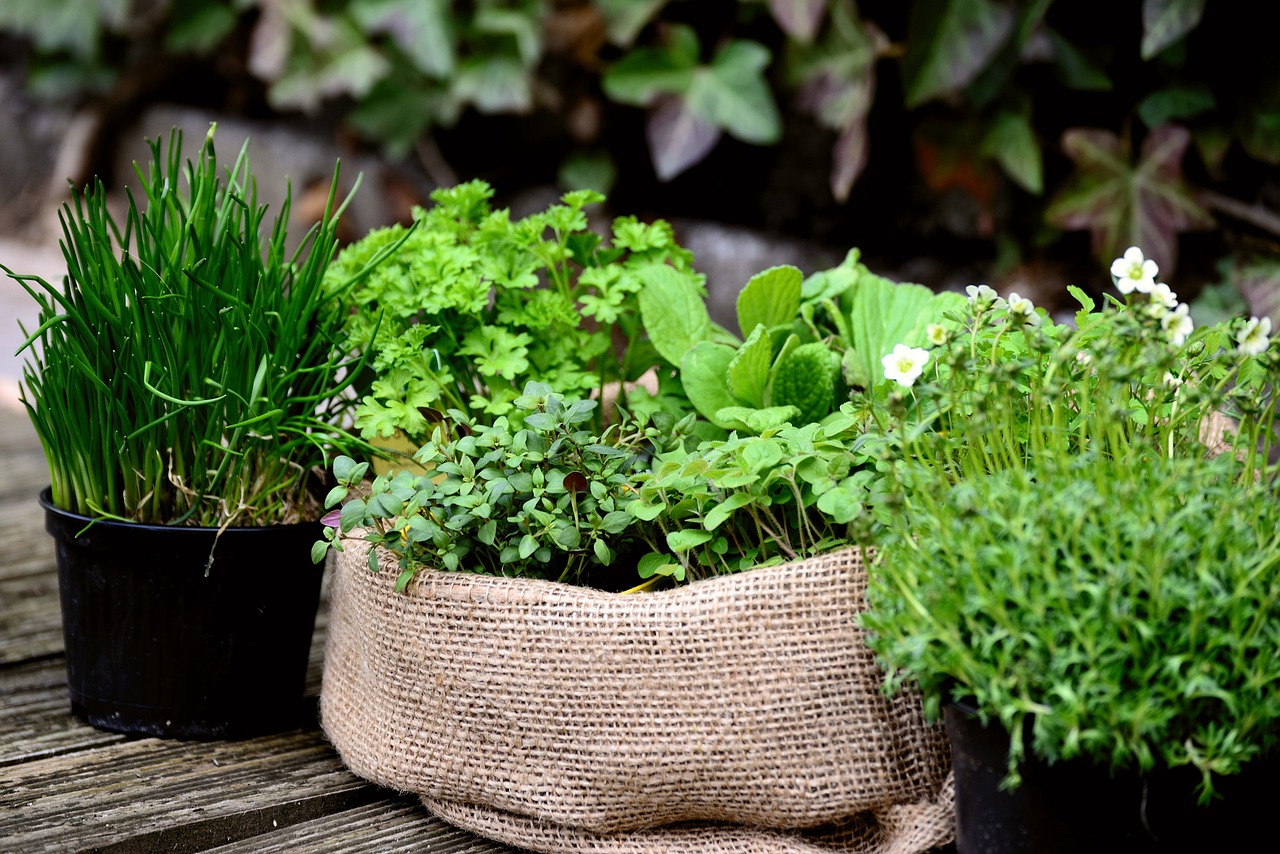 Image by congerdesign from Pixabay
Image by congerdesign from Pixabay
25. Mindful Meat Consumption
If you eat meat, choose lean cuts and limit red and processed meats, which can be high in unhealthy fats.
 Image by -Rita-👩🍳 und 📷 mit ❤ from Pixabay
Image by -Rita-👩🍳 und 📷 mit ❤ from Pixabay
26. Eating Schedule
Try to eat at regular intervals to maintain steady energy levels and avoid binge eating. It helps if you eat smaller meals more frequently throughout the day, rather than just one or two larger meals.
27. Nutrient Knowledge
Educate yourself about the nutrients your body needs and how to get them from your diet. Most foods provide everything your body needs, so you don't have to resort to supplementing certain vitamins and minerals if you know which foods contain what.
28. Treat Yourself
Allow yourself occasional treats. Deprivation can lead to cravings and binge eating. Sometimes you just need a chocolate bar.
 Image by Alexander Stein from Pixabay
Image by Alexander Stein from Pixabay
29. Grocery Shopping Smarts
Plan your grocery shopping. Make a list and stick to it to avoid impulse buys, especially in the snack aisle. And whatever you do - DON'T go to the grocery store when you're hungry.
 Image by Igor Ovsyannykov from Pixabay
Image by Igor Ovsyannykov from Pixabay
30. Community Cuisine
Share meals with friends or family. Eating with others can be more enjoyable and helps with portion control.
 Image by Jill Wellington from Pixabay
Image by Jill Wellington from Pixabay
Remember, adopting healthy eating habits is a personal journey that takes time. Be patient with yourself and make adjustments that suit your lifestyle and preferences. Cheers to a healthier, happier you!





